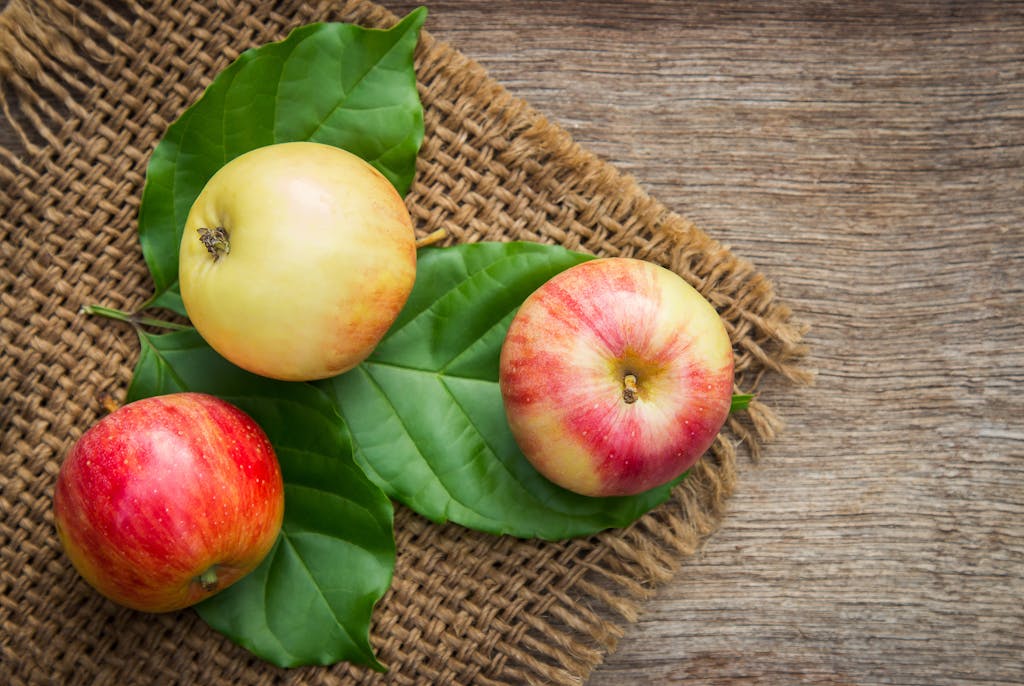Are Ashes Good for Compost? A Comprehensive Guide
Are ashes good for compost? This is a question that many gardeners and homeowners have asked themselves. After all, composting is a great way to reduce waste and create nutrient-rich soil for your plants. And if you have a fireplace or wood stove, you may have a ready supply of ashes that you’re wondering what to do with.
The answer, as with many things in gardening, is “it depends.” Ashes can be a valuable addition to your compost pile, but only if they’re used in moderation and under the right conditions. Too much ash can harm your plants, and if you’re not careful about what you’re burning, you could be introducing harmful chemicals into your soil. We’ll take a closer look at the pros and cons of using ashes in your compost and give you some tips for doing it safely and effectively.
Understanding the Role of Ashes in Composting
If you’re wondering whether ashes are good for composting, the answer is yes. However, there are some factors to consider before adding them to your compost pile. In this section, we’ll take a closer look at the role of ashes in composting and how they can affect your soil.
Chemical Composition of Wood Ashes
Wood ashes are primarily composed of calcium carbonate, which is a valuable nutrient for plants. In addition, ashes contain trace elements such as potassium, phosphorus, and magnesium, which can also benefit your soil. However, it’s important to note that ashes can also contain heavy metals, so it’s crucial to use them in moderation.
Impact of Ash on Soil pH
One of the most significant ways that ashes can affect your soil is by altering its pH level. Wood ashes are alkaline, which means that they can raise the pH of acidic soil. If you have alkaline soil, adding too much ash can make it too alkaline and harm your plants. Therefore, it’s important to test your soil’s pH level before adding ashes and only use them in small amounts.
Determining the Right Amount of Ash
So how much ash should you add to your compost pile? A general rule of thumb is to use no more than 1 cup of wood ash per 1 cubic yard of compost. If you’re unsure about the pH level of your soil, you can have it tested to determine the appropriate amount of ash to use. It’s also important to note that using too much ash can create clumps in your compost pile, so it’s best to mix it in well.
Wood ashes can be a valuable addition to your compost pile, but it’s important to use them in moderation and test your soil’s pH level before adding them. By understanding the role of ashes in composting and following these guidelines, you can create healthy, nutrient-rich soil for your plants to thrive in.
Best Practices for Adding Ashes to Compost
When it comes to using ashes in composting, there are a few things to keep in mind to ensure you get the best results. Here are some best practices to follow when adding ashes to your compost pile.
Suitable Types of Ash for Composting
Not all types of ash are suitable for composting. Avoid using ashes from treated wood, coal, or other materials that may contain harmful chemicals. Instead, use ashes from untreated wood, such as hardwood or softwood. Hardwood ashes tend to be richer in nutrients, but both types can be beneficial for your compost.
Integrating Ash with Organic Compost Materials
To get the most out of your ashes, it’s important to mix them well with other organic compost materials. Aim for a ratio of about 1 part ash to 25 parts compost material. This will help ensure that the ashes are evenly distributed throughout the compost pile and that they don’t clump together.
Timing and Method for Ash Application
The best time to add ashes to your compost pile is in the early spring or late summer, during the growing season. This will give the ashes time to break down and release their nutrients before the next planting season. When adding ashes, sprinkle them evenly over a layer of green material, such as grass clippings or kitchen scraps. Then add a layer of brown material, such as dried leaves or straw, on top of the ashes. Repeat this layering process until your compost bin or heap is full.
By following these best practices, you can make the most of your wood ash and use it to create nutrient-rich compost for your garden.
Benefits and Risks of Using Ash in Gardens
Advantages of Ash as a Soil Amendment
Ash is a good idea for composting as it can be a good use of the waste from your fireplace. Ash contains a variety of nutrients that can benefit plant growth, including potassium, calcium, and magnesium. These nutrients can help increase nutrient levels in the soil and promote soil health, resulting in rich soil that can support healthy plant growth.
Using ash as a soil amendment can also help neutralize acidic soil, which can be beneficial for plants that prefer a more neutral pH. Ash can help improve soil structure and water retention, which can further support plant growth.
Potential Hazards and How to Mitigate Them
While using ash as a soil amendment can have benefits, be aware of potential hazards and take steps to mitigate them. Ash can contain heavy metals and harmful chemicals, such as lead and arsenic, which can be harmful to plants and people.
To minimize exposure to these harmful substances, it is recommended to wear protective gear, such as gloves and a face mask, when handling ash. It is also important to avoid using ash from treated wood or coal, as these sources can contain higher levels of harmful substances.
Using ash as a soil amendment can be an eco-friendly way of disposing of your fireplace waste while also benefiting your garden. By being aware of the potential hazards and taking necessary precautions, you can safely use ash to improve soil health and support healthy plant growth.

Specific Considerations for Different Plants and Soils
Acid-Loving Plants and Alkaline Material Interaction
If you have acid-loving plants like blueberries, azaleas, or rhododendrons, you need to be careful when adding wood ash to your compost. Wood ash is alkaline, and it can raise the pH levels of the soil. This can lead to nutrient deficiencies in acid-loving plants, causing them to wilt and die.
To avoid this, you can use pine needles in your compost instead of wood ash. Pine needles are acidic and can help to maintain the pH levels of the soil. You can also add elemental sulfur or aluminum sulfate to the soil to lower the pH levels.
Wood Ash Use in Vegetable Gardens and Flower Beds
Wood ash can be a valuable addition to your vegetable garden and flower beds. It contains potassium, calcium, and magnesium, which are essential nutrients for plant growth. However, you need to be careful not to add too much wood ash to your compost as it can raise the pH levels of the soil.
A general rule of thumb is to add no more than 1/4 inch of wood ash to your garden beds per year. You can also mix the wood ash with other organic materials like leaves, grass clippings, or kitchen scraps to balance the pH levels.
When using wood ash in your garden, avoid using it on root vegetables like potatoes. Wood ash can cause potato scab, a disease that affects the skin of the potato and makes it unsightly and difficult to store. Instead, use wood ash on accent plants like tomatoes, peppers, or roses.
Wood ash can be a valuable addition to your compost, but you need to be careful when using it. By following these specific considerations for different plants and soils, you can ensure that your compost is healthy and nutrient-rich.



